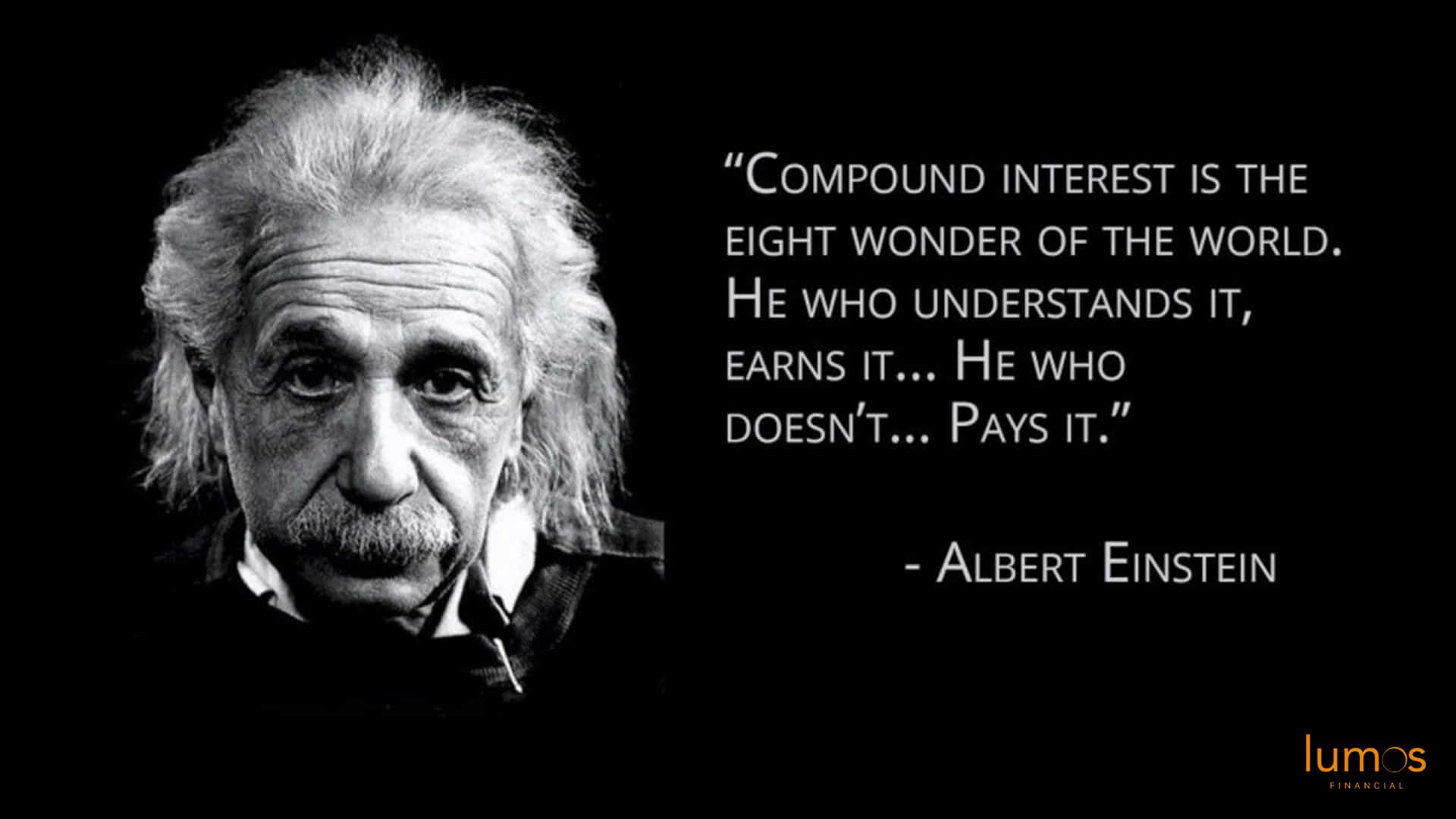Nothing fills an inexperienced investor with more dread and worry than the utterance of the words stock market. You can literally see the pale look come over a person gripped with fear, the assumption of loss and panic sets in for many. Perhaps it’s the never ending negativity and noise from news outlets that they have mentally amassed over the years, dictating that the stock market is this wild beast set to plunder them into poverty. How far from the truth is this perception that many have. Today I want to have a look at the stock market, explore some key features of its functionality and help explain why the journey towards wealth creation is dependent on it. For the purpose of this article I am using the words stock and share to mean the same thing, there is a slight technical difference but far easier to use them inter changeably for simplicity.
What Is it?
The stock market is where you can buy and sell shares of publicly listed companies. These companies are listed on a stock exchange, typically located in major financial cities across the globe. The largest stock exchange globally is the New Your Stock Exchange, which lists 2,400 companies and is located on Wall Street. These companies have a combined worth of $22.9 trillion, this figure is known as market capitalisation (it he number of share multiplied by the quoted share price). You will have also heard of the London Stock Exchange, located in the City of London. It has 2600 companies from over 60 countries listed, with a market capitalisation of $4.59 trillion (April 2018). It is fair to say that the U.S. Stock market is the worlds largest by a country mile and accounts for approximately 55% of the global stock market, the UK in comparison is around 5.5%.
This is why I would refer to the stock market as a collection of The Great Companies of the World. They are real companies, selling real goods to real people. They employ the most talented people on the planet, innovating and producing new goods helping the world to develop and move forward.
Why do The Great Companies of the World sell Shares?
Essentially to grow and become larger through raising funds. If I wanted to grow my business I may take a personal loan, get help from family, before I was reputable and credit worthy to take funding from a bank. It might reach a stage where to grow even bigger, larger sums of money are needed in order to take my business to the next phase. At that moment I may need to start selling shares in the business in order to raise the necessary funds. This would be done through becoming publicly listed on a Stock Market. You may have heard the term initial public offering, when a company first makes its share available to the public. At such a time no one person owns the company as it has been sold to shareholders.
The share price is based on a variety of economic measures, investor speculation and sentiment. Primarily it’s the company’s earnings that drive the price, a company which is expected to increase profits will see a rise in its share price, whilst a poor forecast of profits may see its share price decrease. Share prices also rise when the economy is buoyant and doing well, whilst the opposite is true in more uncertain times. The fluctuating share price over the short term is called volatility and is measured statistically using different methods, this helps professionals evaluate the risk of different companies. More on this another day!
Why Invest in The Great Companies?
- to achieve returns that beat inflation over time. We know that returns from cash are pretty poor, just take a look at the interest rate on your savings accounts. With the cost of goods and services rising over the long term your purchasing power will be eroded and that is a threat to your long term wealth creation. Over decades we know that the investing in the stock market has led to returns that far outweigh cash and inflation, meaning that you can maintain your standard of living, really important when you think about the length of your retirement.
For example, a pint of milk today costs £1. If inflation is assumed to be 3%, after 30 years the cost of that pint of milk will be £2.42.
That £1 in your bank account earning a 1% return will have risen to £1.34!!!
I hope you see the problem? Of course you do!
- The shares of The Great Companies have two great earning qualities which give them a big benefit in your wealth creation. Over the long term your investment can increase in value due to the rising share price, dividends from the shares also provide an income stream. The dividends are your slice of the profits the company makes and can be taken as income or reinvested to buy more shares. I’ll show the power of dividend reinvesting in another post.
- Buying and selling shares is easier than buying other asset classes such a property. Its less hassle and a lot easier to get hold of your money if you need to as its generally not tied up.
How is performance measured?
Stock Markets around the world are measured using an index. The index simply measures the value of a section of a country’s stock market via a weighted average of selected shares. The index helps investors to describe the market and track its progress.
For example in the UK, we have the FTSE 100, this index tracks the shares of the largest 100 UK listed companies, whilst in the US there is the S&P 500 which tracks the largest 500 companies.
So when commentators and news outlets start scaring you with sensational headlines of stock market crashes and financial crises this needs to be put into perspective. The measure could be based on a ridiculously short time horizon, say a few weeks or months. This is quite likely as we know the price fluctuations in the shares of these Great Companies will move around quite a bit. However, long term the stock markets of the world have increased in value astronomically. The S&P 500 has returned on average 10.8% per year between 1981 (the year I was born) and 2018. Whilst the MSCI World Index, which tracks over 1600 Great Companies globally has returned 11.3% (source: Dimensional Matrix Book 2019).
What are the risks?
As with anything this good, there has to be a level of risk when it comes to investing in the stock market. So as investors we have to know that investing directly into any one company puts your capital at risk of falling to zero if that company fails and goes bust. We all know that companies do go out of business, which is why putting all your eggs in one basket, by investing in only a few of The Great Companies of the World is a really bad move. You won’t find me putting my money or that of my clients into any one company, despite how hot or amazing the tipsters say it is.
Instead of buying one or two of The Great Companies why not buy them all, or at least a large portion of them. Investing in an index fund allows you this privilege by investing in a fund that replicates the index which it is tracking. It’s a low cost solution which allows you to reap the rewards of the performance of that market, without having to make any selection decisions on what to buy, sell or hold. Buying the market eliminates the risk of any one bad performer ruining your portfolio.
Don’t look for the needle in the haystack, buy the haystack!
The overall market can decline and you should expect a negative return one year in five, at least that’s what history has taught us. When prices fall more than 20% it’s known as a bear market and these usually last 18 months before prices start to rise again. A bull market is the opposite and defined by a 20% increase in the stock market from the previous 20% drop. We need to be well aware of the cycles that take place so it comes as no shock. We expect the temporary downturns and our patience is rewarded with the permanent upside.
I hope this whistle stop tour of the stock market has helped take some of the fear away that’s associated with investing . This asset class will form part of your overall portfolio, and as always taking professional advice will help you decide what the right mix for you. Just remember that we are supporting the stock market every single day. The goods and services we consume are more than likely to be from companies listed on the global stock market. The share price of The Great Companies have risen over decades and provided millions of investors with unbelievable rewards, providing they have been patient and disciplined.
This guide is for information purposes and does not constitute financial advice, which should be based on your individual circumstances.
The value of investments may go down as well as up and you may get back less than you invest.
Past performance is not a reliable indicator of future performance.










